10 GPTs for Stargazing Guide Powered by AI for Free of 2026
AI GPTs for Stargazing Guide are advanced tools leveraging Generative Pre-trained Transformers to offer tailored solutions in the realm of astronomy and stargazing. These AI tools are designed to assist users in navigating the night sky, identifying celestial bodies, and providing in-depth information about stars, planets, and other astronomical phenomena. By utilizing natural language processing and machine learning, GPTs can understand and respond to queries, making the vast universe more accessible to everyone. Their relevance lies in democratizing the field of astronomy, providing both educational and practical assistance for stargazing activities.
Top 10 GPTs for Stargazing Guide are: Cosmic Companion,Astro Expert,🌌 Stellar Guide AstroGPT 🌠,Galactic Atlas,🌌🔭 Celestial Guide GPT ✨🛸,Star Whisperer Ophiuchus,Cosmic Tutor,Cosmic Curiosity,Astro-Kun,Constellations meaning?
Cosmic Companion
Explore the cosmos with AI guidance.
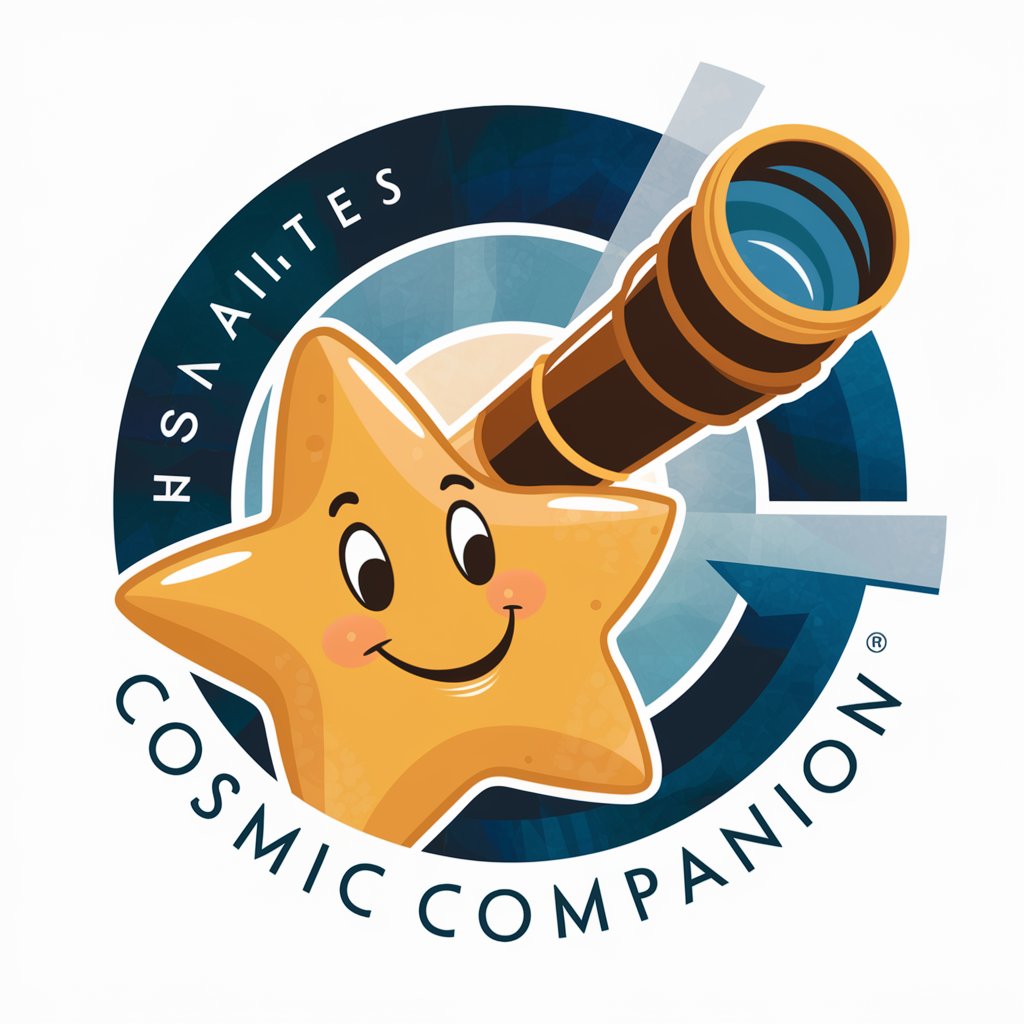
Astro Expert
Unlocking the Universe with AI
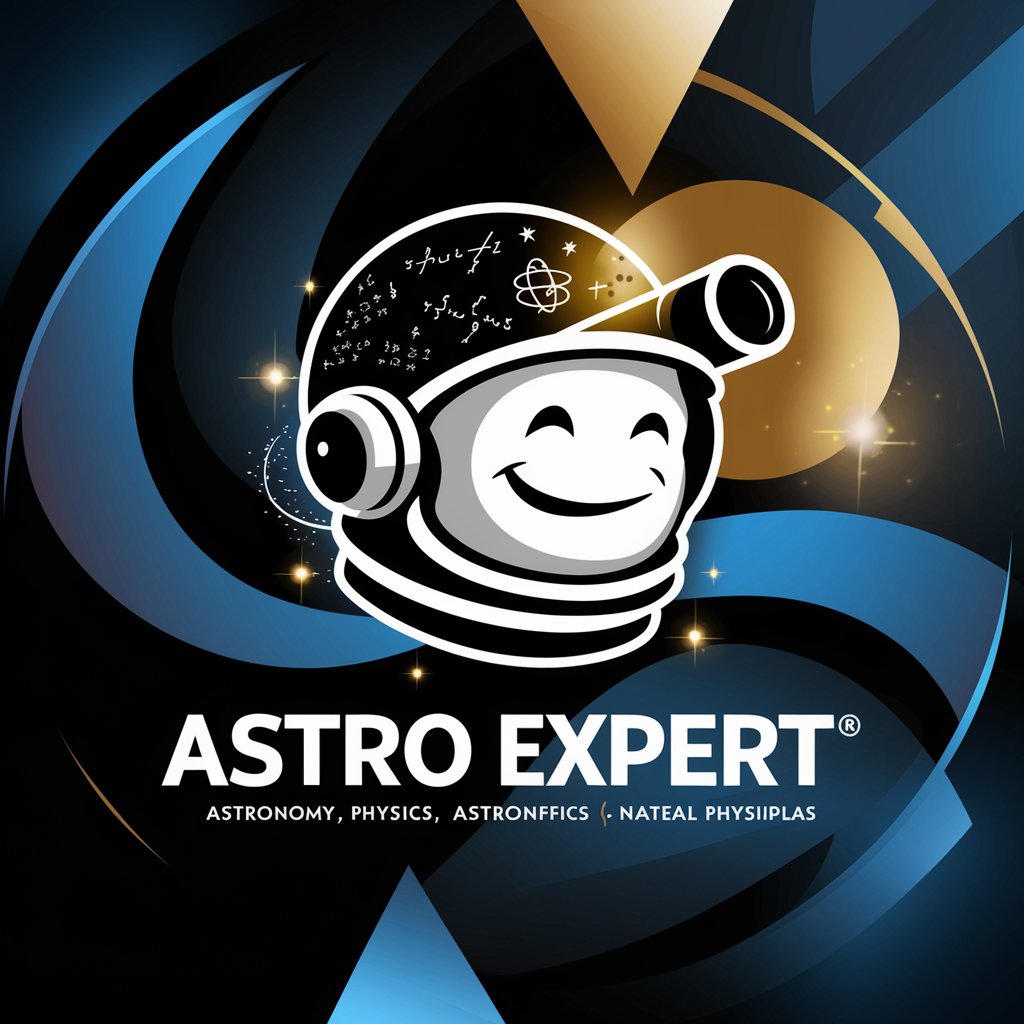
🌌 Stellar Guide AstroGPT 🌠
Explore the cosmos with AI-powered guidance.

Galactic Atlas
Discover the cosmos with AI-powered insights
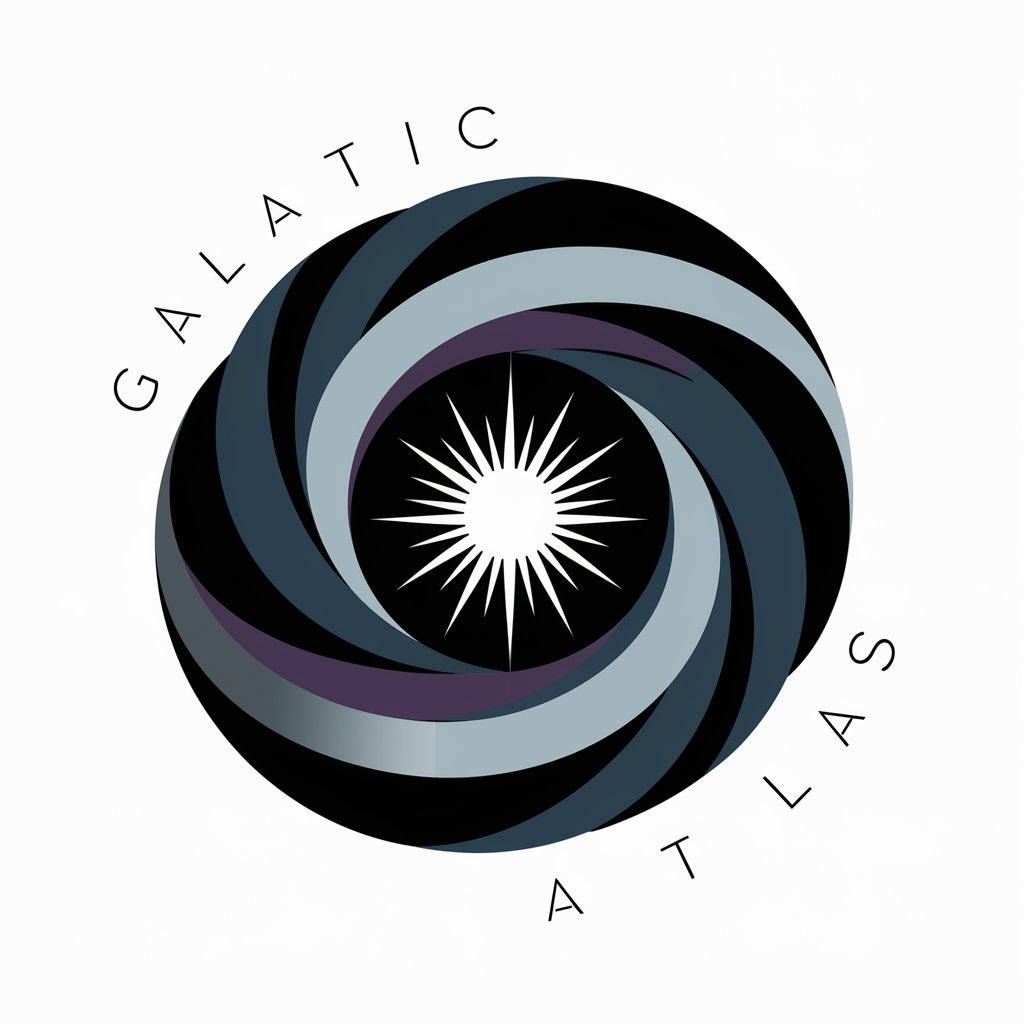
🌌🔭 Celestial Guide GPT ✨🛸
Explore the cosmos with AI-powered assistance

Star Whisperer Ophiuchus
Explore the Stars with AI
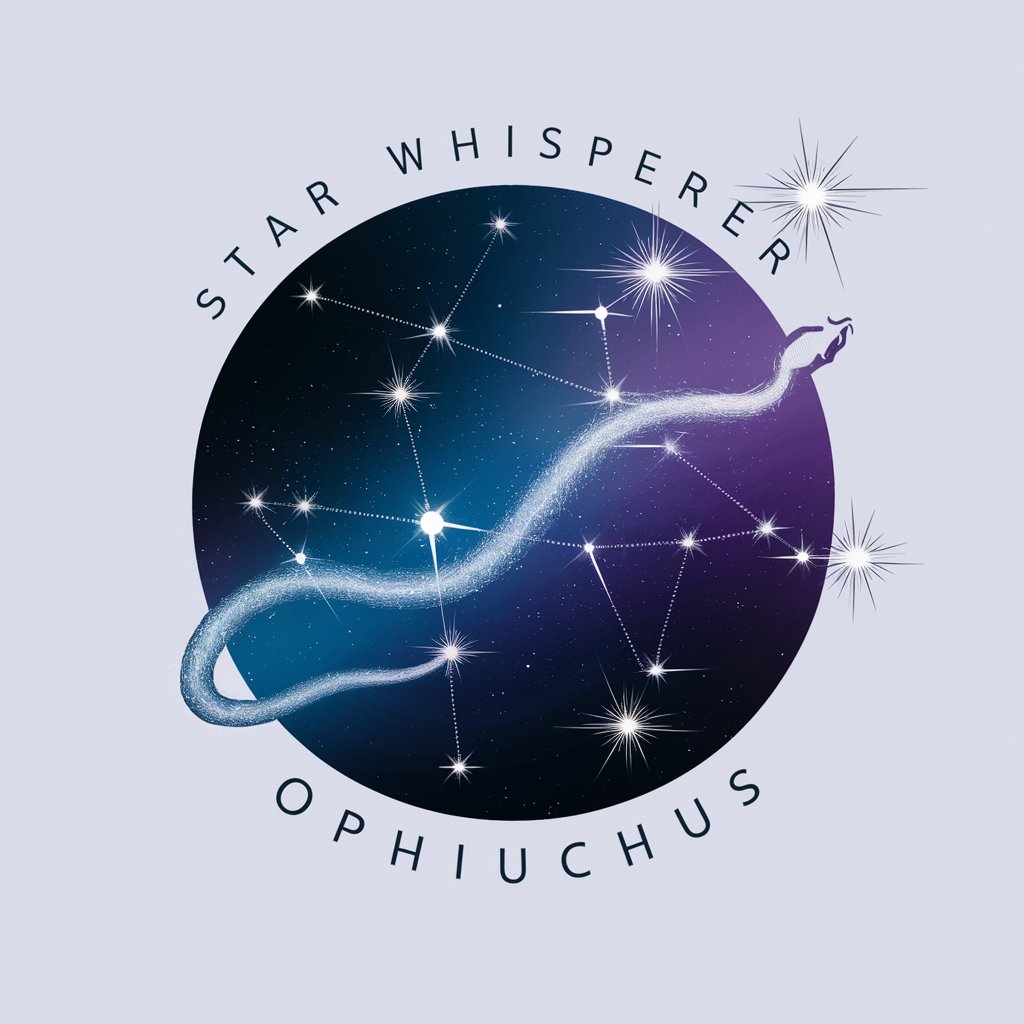
Cosmic Tutor
Explore the Cosmos with AI
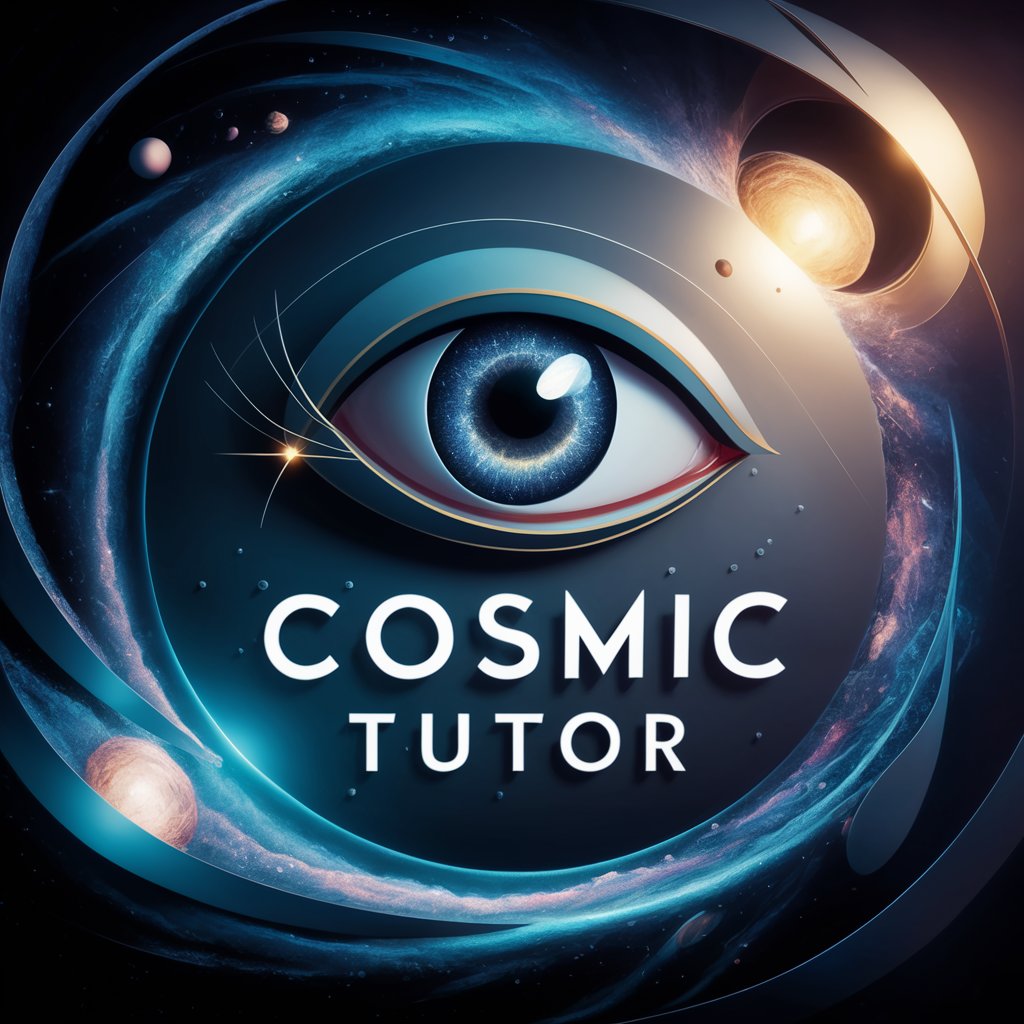
Cosmic Curiosity
Exploring the Universe with AI
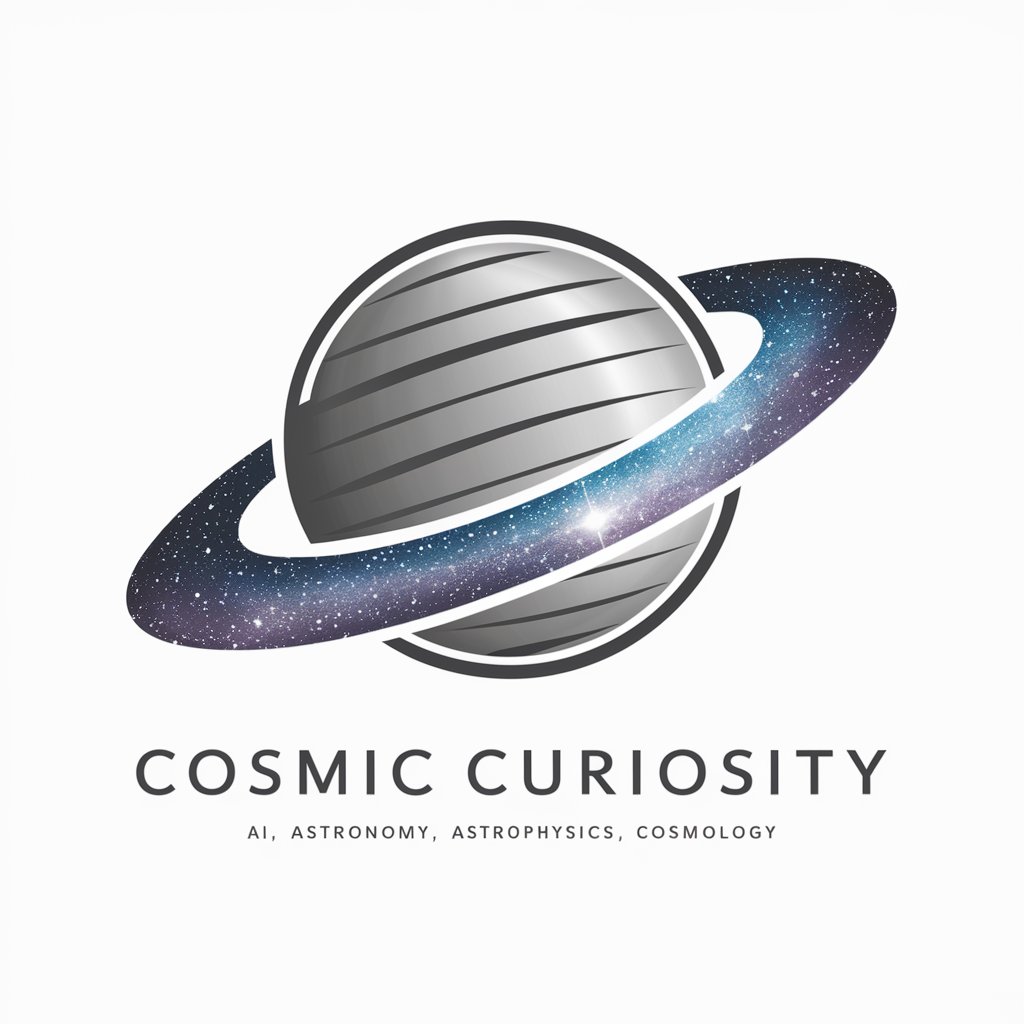
Astro-Kun
Explore the cosmos with AI-powered Astro-Kun

Constellations meaning?
Unlocking the Stories of the Stars
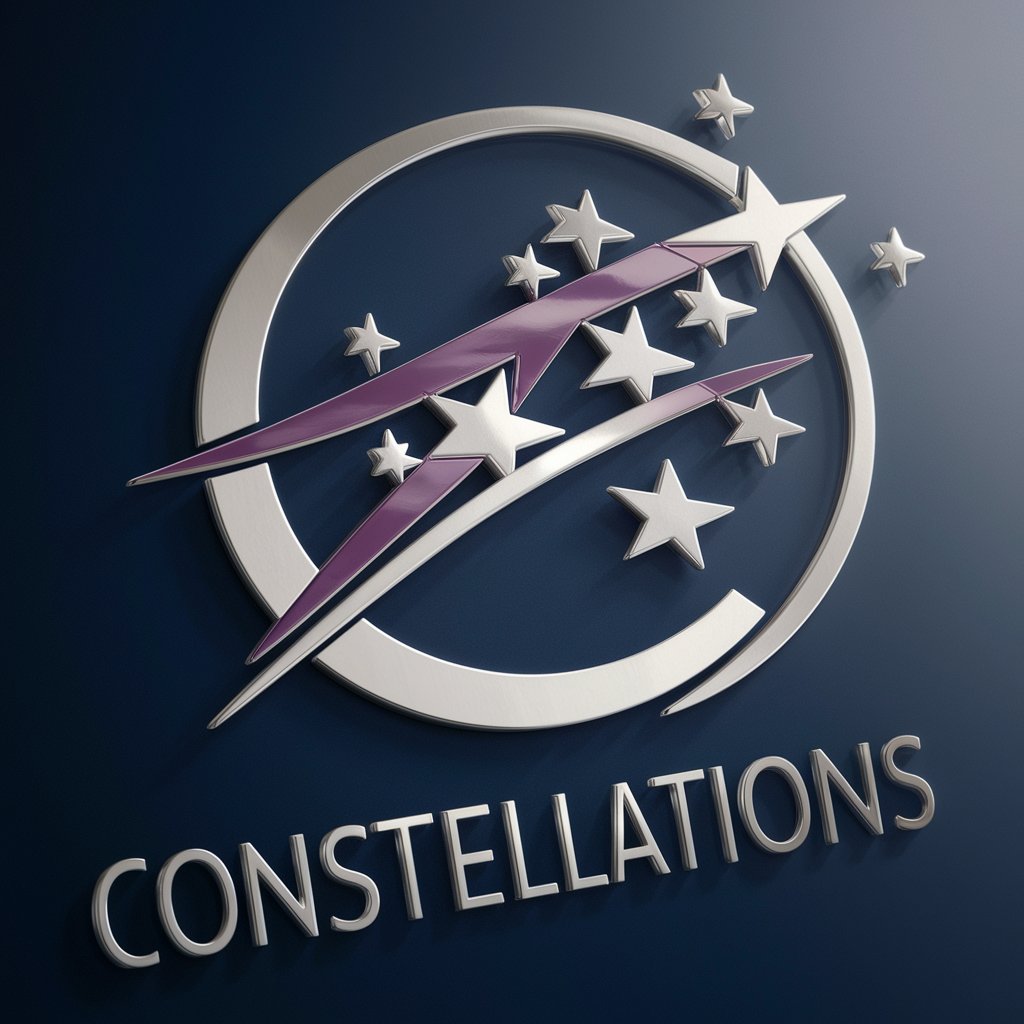
Key Attributes of AI GPTs for Astronomy Enthusiasts
AI GPTs for Stargazing Guide boast a range of unique characteristics and capabilities, including adaptive responses to user queries, the ability to learn and update astronomical data, and the provision of real-time celestial event information. Special features also encompass image creation of constellations or celestial bodies, technical support for telescope setup, language learning for multilingual assistance, and data analysis for observing trends or patterns in star movements. Their adaptability ranges from providing simple star identification to offering in-depth guides for complex astronomical phenomena.
Who Benefits from Stargazing AI?
The primary beneficiaries of AI GPTs for Stargazing Guide include novices seeking to learn about astronomy, developers creating astronomy-related applications, and professionals in the field needing advanced analytical tools. These AI solutions are accessible to users without coding skills, thanks to user-friendly interfaces, while also offering extensive customization options for those with programming expertise. This makes the tools versatile for educational purposes, hobbyist exploration, and professional research.
Try Our other AI GPTs tools for Free
Space News
Explore the universe with AI GPTs for Space News, your gateway to the latest in space exploration, celestial events, and astronomical insights.
Celestial Events
Discover the cosmos with AI: Our Celestial Events GPT tools offer real-time updates, predictive analytics, and visual explorations of astronomical phenomena, making the universe more accessible to all.
Astronomy Education
Explore the universe with AI GPTs for Astronomy Education: Tailored tools designed to simplify complex astronomical concepts and ignite curiosity in learners of all levels.
Study Notes
Discover how AI GPTs for Study Notes revolutionize learning with personalized, AI-driven tools designed to enhance study efficiency and knowledge retention.
Health Recommendations
Discover AI GPTs for Health Recommendations: Your digital gateway to personalized health advice and information, powered by the latest in AI technology.
Book Discussion
Discover how AI GPTs for Book Discussion revolutionize literary analysis and engagement, making complex insights accessible to enthusiasts and professionals alike.
Expanding Horizons with AI in Astronomy
AI GPTs function as customized solutions across various sectors, notably in astronomy, where they enhance educational experiences, facilitate research, and foster a deeper connection with the cosmos. Their user-friendly interfaces ensure that engaging with the night sky is accessible to all, promoting a broader understanding and appreciation of astronomy. Integration with existing systems or workflows is streamlined, allowing for seamless incorporation into educational programs, observatories, and personal stargazing endeavors.
Frequently Asked Questions
What exactly can AI GPTs for Stargazing do?
They can identify stars, planets, and constellations, provide real-time information on celestial events, offer guidance on telescope use, and create images or simulations of the night sky.
Do I need technical skills to use these tools?
No, these AI tools are designed to be user-friendly for individuals without technical skills, offering an intuitive interface and easy-to-understand responses.
Can these AI tools help me learn about astronomy?
Yes, they offer educational content ranging from basic information on celestial bodies to detailed explanations of astronomical phenomena, making learning accessible and engaging.
Are updates required to keep the information accurate?
AI GPTs continuously learn and update themselves with the latest astronomical data, ensuring the information remains accurate and current without manual updates.
Can I customize the tool for specific astronomical interests?
Yes, developers and users with coding skills can customize the AI responses and functionalities to cater to specific interests or research needs in astronomy.
How do these AI tools handle multilingual queries?
They are equipped with language learning capabilities, allowing them to understand and respond to queries in multiple languages, making astronomy accessible to a wider audience.
Can these tools predict celestial events?
Yes, by analyzing data and patterns, they can forecast astronomical events like meteor showers, eclipses, and planet transits, providing users with timely notifications.
Are there any collaborative features for educational purposes?
Many AI GPTs for Stargazing Guide include features that enable collaboration among users, such as sharing observations, creating educational content, and participating in community-driven projects.